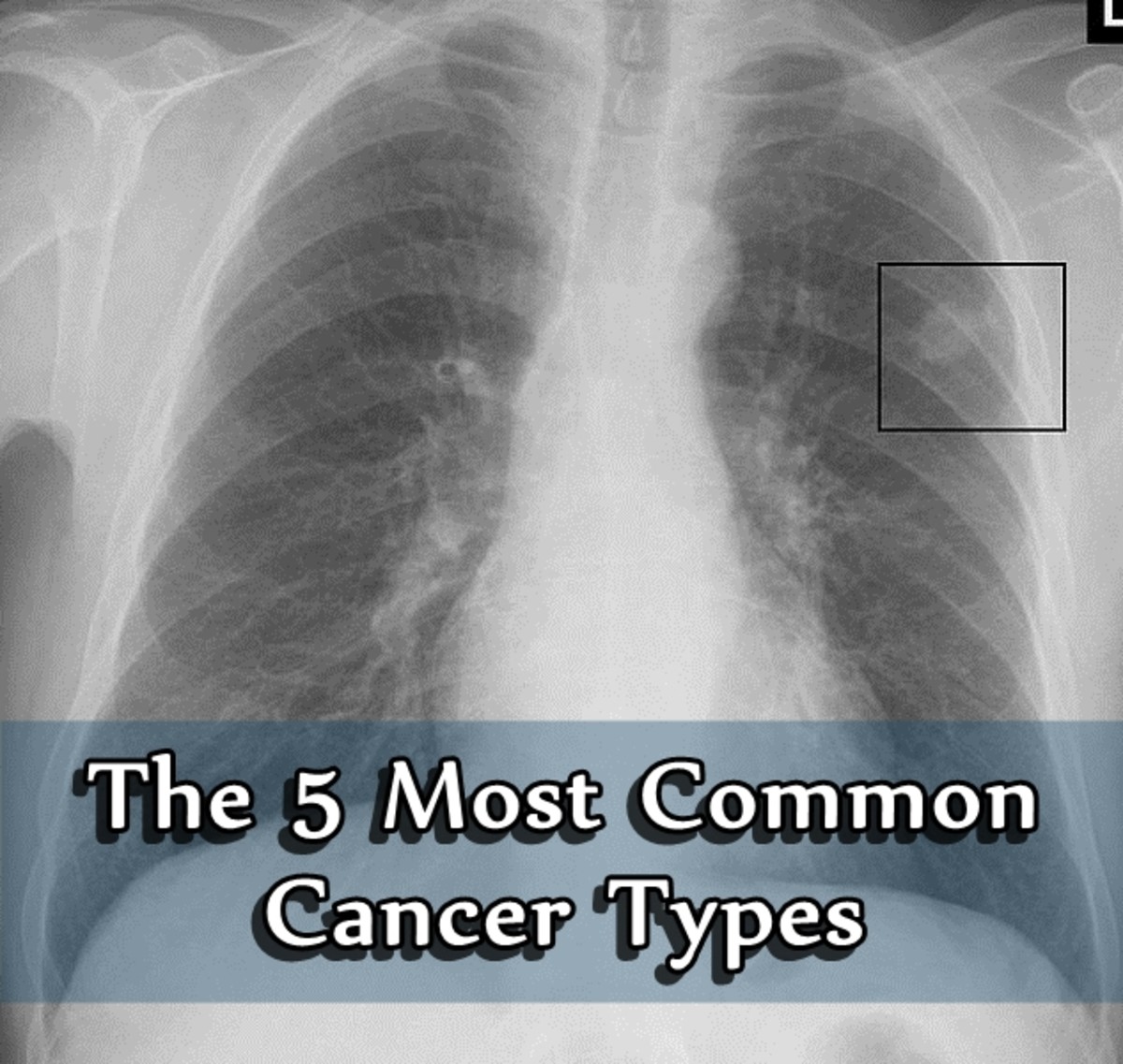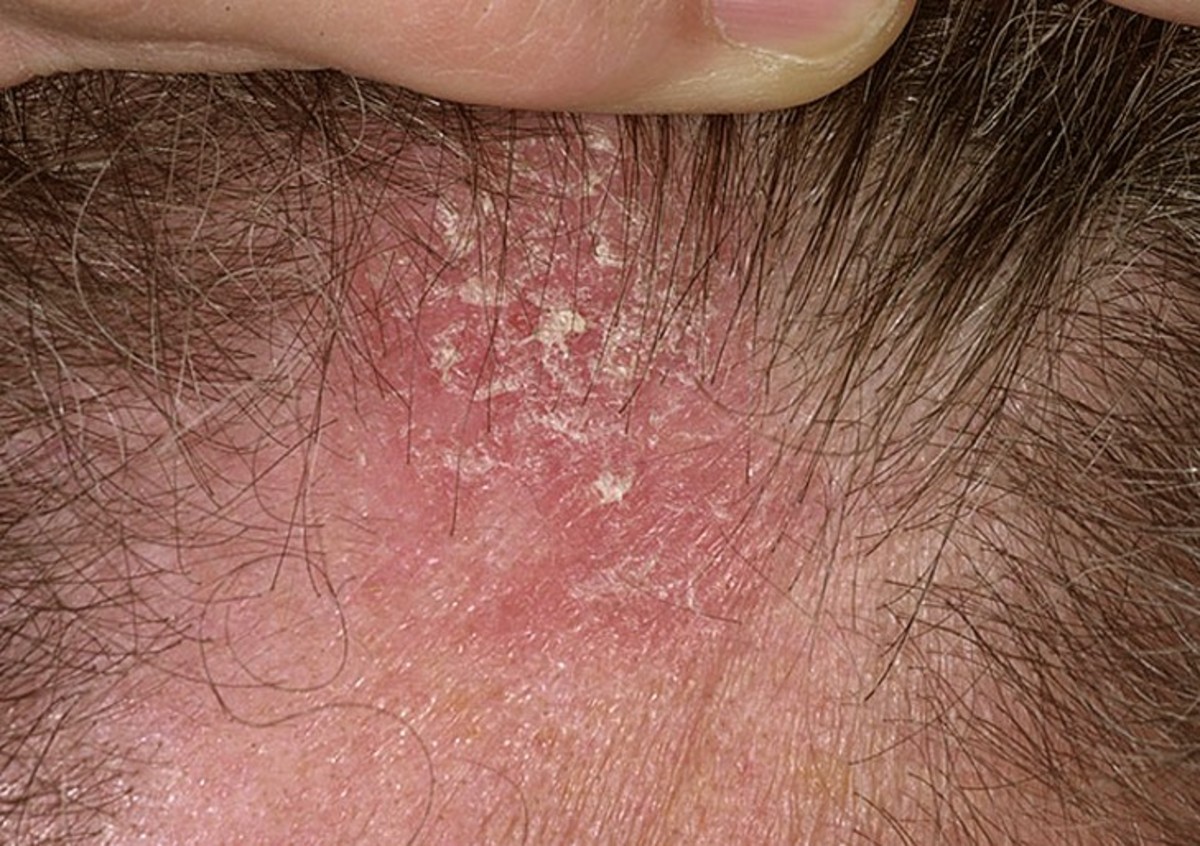Prostate Cancer, a Silent Killer

Prostate gland is a small walnut sized organ that is part of the male reproductive system and is wrapped around the urinary system.
Cancer affects this gland when malignant cancer cells form in the tissues of the prostate gland.
Risk Factors
Men who are at risk include:
- · Men, who had got exposed to Agent Orange
- · Men, who have a genetic history of a father or brother ailing from this disease.
- · Men, who consume a lot of alcohol
- · Men, who eat a high fat diet
- · Men, who work as Painters, Farmers, work in Tire Plants.
- Men aged 60 years and above
All men over 60 should be administered because as they grow older, they experience an enlarged prostate. This is called prostatic hyperplasic or BPH. BPH does not raise the risk of prostate cancer but it can increase the Prostate-specific antigen (PSA). Prostate cells produce this protein and this is tested via taking a blood sample.
PSA test is done to help diagnose men with prostate cancer.
Symptoms of Prostate Cancer can be delayed thus, cannot rely on them. Men should be tested often for PSA blood test and get screened for prostate cancer even before any of the symptoms appear.
However, some of the symptoms that are reported at various stages of prostate cancer are:
- · Delayed and slow urine
- · Blood in the urine
- · Bone pain or tenderness in the lower back and pelvic bones.
Men over 40 years of age are advised to get a PSA blood test done. IF they have a HIGH PSA level they are advised to do a biopsy to screen their prostate gland.
At times the PSA is normal but some symptoms keep coming back such as the incontinence in the urine flow. A digital rectal exam is another way to detect prostate cancer.
PSA results depend on a man’s age, race, and current medicines taken to help come to a conclusion.
The Normal Ranges of PSA are:
- · Men below 50 years of age: PSA less than 2.5ng/mL (ng=nanogram; mL=millimeter)
- · 50-59 years of age Men: PSA less than 3.5ng/mL
- · 60-69 years of age Men: PSA less than 4.5ng/mL
- · 70+ Men: PSA less than 6.5ng/mL
The Abnormal Ranges of PSA are considered to have prostate cancer. The PSA levels also depend on the age, race and medicines being taken by men.
- · Men under age 49, PSA of 2.5ng/mL and above
- · Men aged 50-59, levels above 3.5ng/mL and above
- · Men aged 60-69, levels above 4.5ng/mL and above
Race Caution: African Americans and Asian Americans should follow up testing if they have lower PSA levels.
PSA testing Caution: A rise in the PSA level can also be due to a
- · A large prostate
- · A prostate infection
- · Urinary tract infection
- · Recent tests on cystoscopy or biopsy
- · Catheter tube placed into the man’s bladder to drain urine.
If there is any of the above reason for the PSA to be high or unusual, the patient is allowed to recover and tested again for PSA.
Once the PSA score is in and IF the PSA level are high according to the man’s age, race then the patient has to undergo a biopsy of the prostate gland. The Gleason grade is used to show the different grades of cancer in one biopsy sample.
A score of 2-5 indicates a low-grade prostate cancer.
Score of 6-7 indicates intermediate grade cancer.
Score 8-10 indicates a high grade of cancer.
CT Scan and Bone Scan are done to know where all the cancer has spread. PSA blood testing is done periodically on cancer patients to monitor their treatment.
At times the PSA is normal but some symptoms keep coming back such as the incontinence in the urine flow. A digital rectal exam is another way to detect prostate cancer.
- Radical prostatectomy - PubMed Health
Radical prostatectomy is surgery to remove all of the prostate gland and some of the tissue around it, to treat prostate cancer.
Treatment
Once diagnosed, the person can start his treatment depending on his Gleason score and his overall health.
If the individual is at first stage of this cancer, Surgery is recommended. A radical prostatectomy is performed on the individual.
Go to Radical prostatectomy link for more details.
Patient is also subjected to Radiation therapy, which includes brachytherapy and proton therapy.
If the cancer has spread, the patient is subjected to Hormone therapy, which involves medicines to reduce testosterone levels.
Surgery is another alternative.
Chemotherapy is also used to curb the cancer cells.
The patient is kept in constant vicinity when such a treatment is given. PSA blood tests are done usually every 3 months to 1 year for follow-ups once the cancer cells have been eliminated from the body.
Statistics
The American Cancer Society (ACS) has estimated about 241,740 cases of prostate cancer diagnosis in 2012. About 1 man in 6 diagnosed with Prostate cancer die from this disease.
Conclusion
Prostate Cancer is a deadly and a silent killer disease since; its symptoms usually come in very late and PSA testing can misguide a patient. However, IF diagnosed on time, it can help save a life. Diagnosis is critical for any disease to be treated and curbed. Once a man reaches 40 years of age, he should be diligent to get his PSA tested on an annual basis.
I dedicate this hub to my Father, who lost his battle from Prostate Cancer.
- Mi Papa
This Hub is dedicated to my Dad who lost his battle to prostate cancer.








